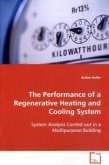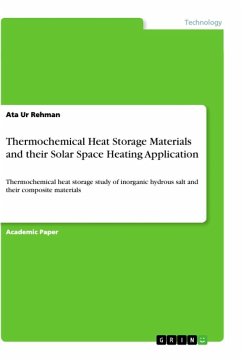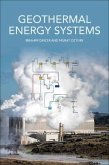Pellet heating systems for single-family houses are
currently a strongly growing market; however pellet
heating is seldom installed together with solar
heating, though it is a promising combination. The
present book is based on the author's doctoral
thesis written at KTH, the Royal institute of
Technology in Stockholm, Sweden and investigates how
electrically heated single-family houses can be
converted to pellet and solar heating systems. There
is a strong focus on system design and how to design
and operate the systems so that the annual system
efficiency and solar gains can be maximized.
Technologies for increasing the solar gains are DHW-
units for hot water production and the use of hot
water for heating of dishwashers and washing
machines via a heat exchanger instead of electricity
(heat-fed appliances. The possible reduction of CO-
emissions by combining pellet heating with solar
heating are also investigated. The method is based
on measurements modeling and system simulations
using the dynamic simulation program TRNSYS.
currently a strongly growing market; however pellet
heating is seldom installed together with solar
heating, though it is a promising combination. The
present book is based on the author's doctoral
thesis written at KTH, the Royal institute of
Technology in Stockholm, Sweden and investigates how
electrically heated single-family houses can be
converted to pellet and solar heating systems. There
is a strong focus on system design and how to design
and operate the systems so that the annual system
efficiency and solar gains can be maximized.
Technologies for increasing the solar gains are DHW-
units for hot water production and the use of hot
water for heating of dishwashers and washing
machines via a heat exchanger instead of electricity
(heat-fed appliances. The possible reduction of CO-
emissions by combining pellet heating with solar
heating are also investigated. The method is based
on measurements modeling and system simulations
using the dynamic simulation program TRNSYS.








